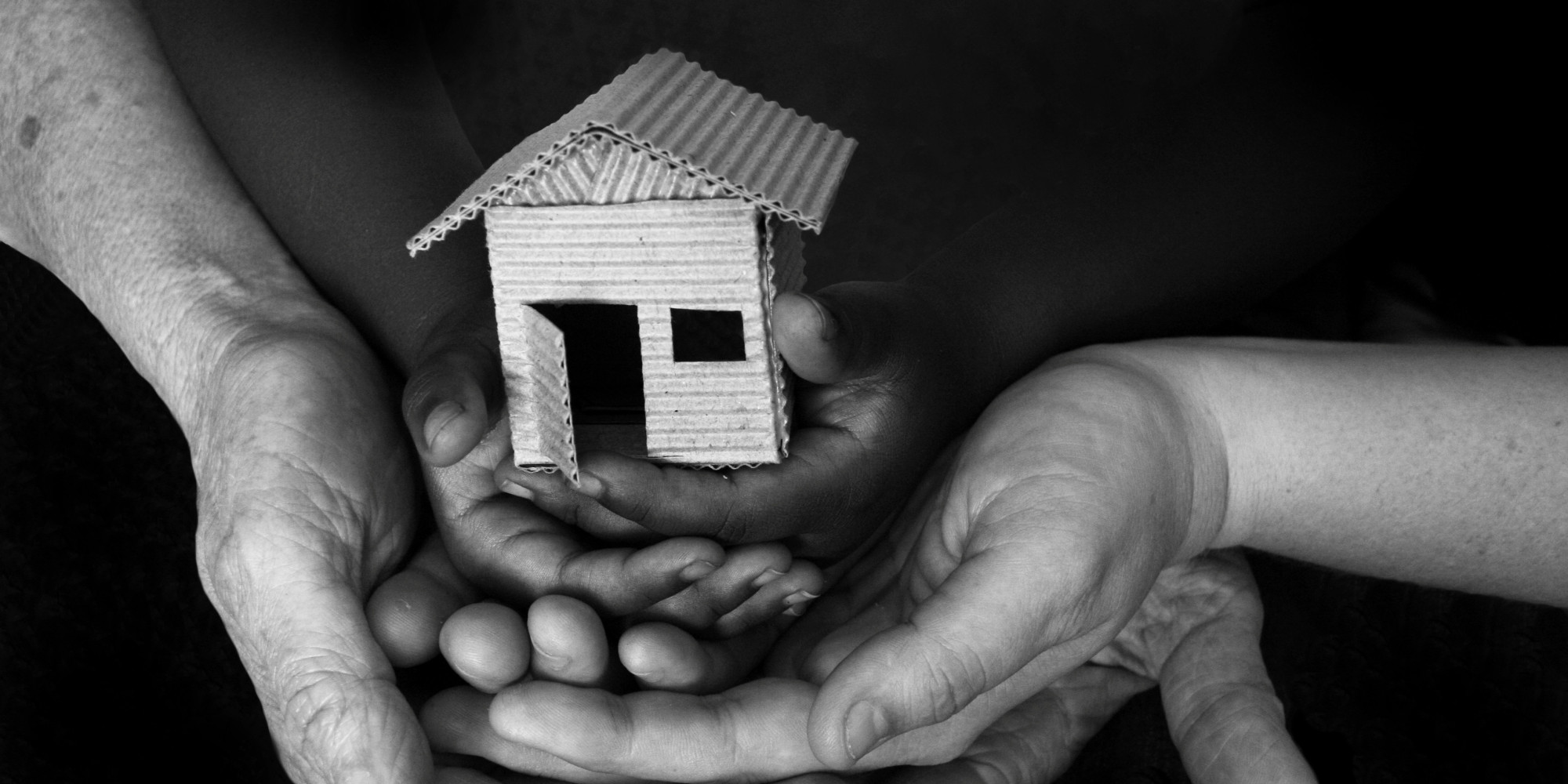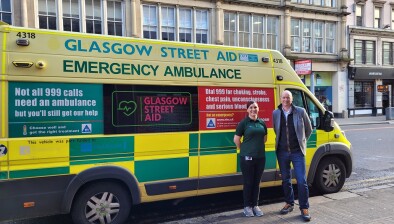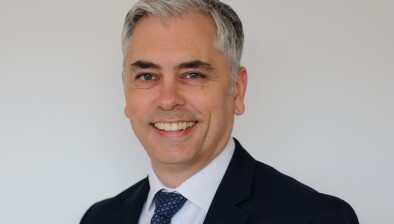UK Government won’t extend support to rough sleepers during latest lockdown

People experiencing homelessness in England are facing the new lockdown without a return of the “Everyone In” housing policy, which helped house 15,000 people at the beginning of the pandemic.
Although restrictions have already been ramped up, the policy, which has continued in skeleton form but began to weaken from May onwards, has not been kickstarted into action by the UK Government in spite of winter temperatures.
Around £700m of homelessness funding has been provided since the March 2020 restrictions came into force, but the government has been slow to act despite the return of severe restrictions which were introduced when the outbreak first began.
Minister say they remain committed to the £15m Protect Programme, an initiative launched in November to provide help to areas that need additional support most during the restrictions and throughout winter.
This support will be on top of the £91.5m allocated to 274 councils in September to fund their individual plans for rough sleepers over the coming months, as well as the £10m Cold Weather Fund, which is used to provide homeless shelters with support during the winter months.
In a statement sent to inews, a spokesperson for the ministry of housing, communities and local government, said: “The government has taken unprecedented action to support the most vulnerable people in our society during the pandemic – backed by over £700m in funding.
“We continue to work closely with councils and health services to provide this support.”
The day after the March 2020 lockdown was announced, the government’s former homelessness representative issued a letter to councils to find self-contained accommodation for all rough sleepers, providing a safe place to stay for people living in hostels and shelters.
The scheme was quietly wrapped up in May, with charities urging the government to restart the programme to assist homeless people as coronavirus cases increased throughout the autumn months.
Combined Homelessness and Information Network (CHAIN) statistics highlight a 21% increase in rough sleeping in London in 2020. Young people make up 11% of that figure, which is an historic high.
Paul Noblet, head of public affairs at youth homelessness charity Centrepoint has urged the government to make “a fully-resourced return to the initiative” to endure the harsher weather and the seismic surge in coronavirus cases.
He said: “Last year, ‘Everyone In’ ensured local authorities and charities had the resources they needed to provide Covid-safe accommodation.
“To their credit, ministers have announced more money for long-term homelessness services since then but, with cold weather funding falling short of pre-pandemic levels, it’s clear more needs to be done to keep rough sleepers safe over the coming months.”
He added: “Councils and charities were already struggling to cope with the volume of those facing homelessness due to the pandemic and so, with the cold weather setting in, central government must make a fully-resourced return to the initiative that worked so well in the first lockdown.”
Jon Sparkes, chief executive of Crisis, urged the government to “act boldly” and restart the Everyone In scheme so homeless people are also protected from January’s cold snap.
He said: “We saw during the first wave of the pandemic how hundreds of lives could be saved as the Government, local councils and charities pulled together to place people in emergency accommodation where they could safely isolate and protect their health.
“Now as temperatures drop below freezing most nights, and with the highly transmissible new strain of coronavirus at large, we stand ready to work with Government to ensure everyone sleeping rough has a safe place to stay. We urge them to once again act boldly and sanction the next phase of Everyone In.
“By working together, we can ensure that emergency accommodation with individual washing facilities is provided to everyone currently on the streets. This will also help in the roll out of vaccinations to those experiencing homelessness who we know already face severe health inequalities.”







